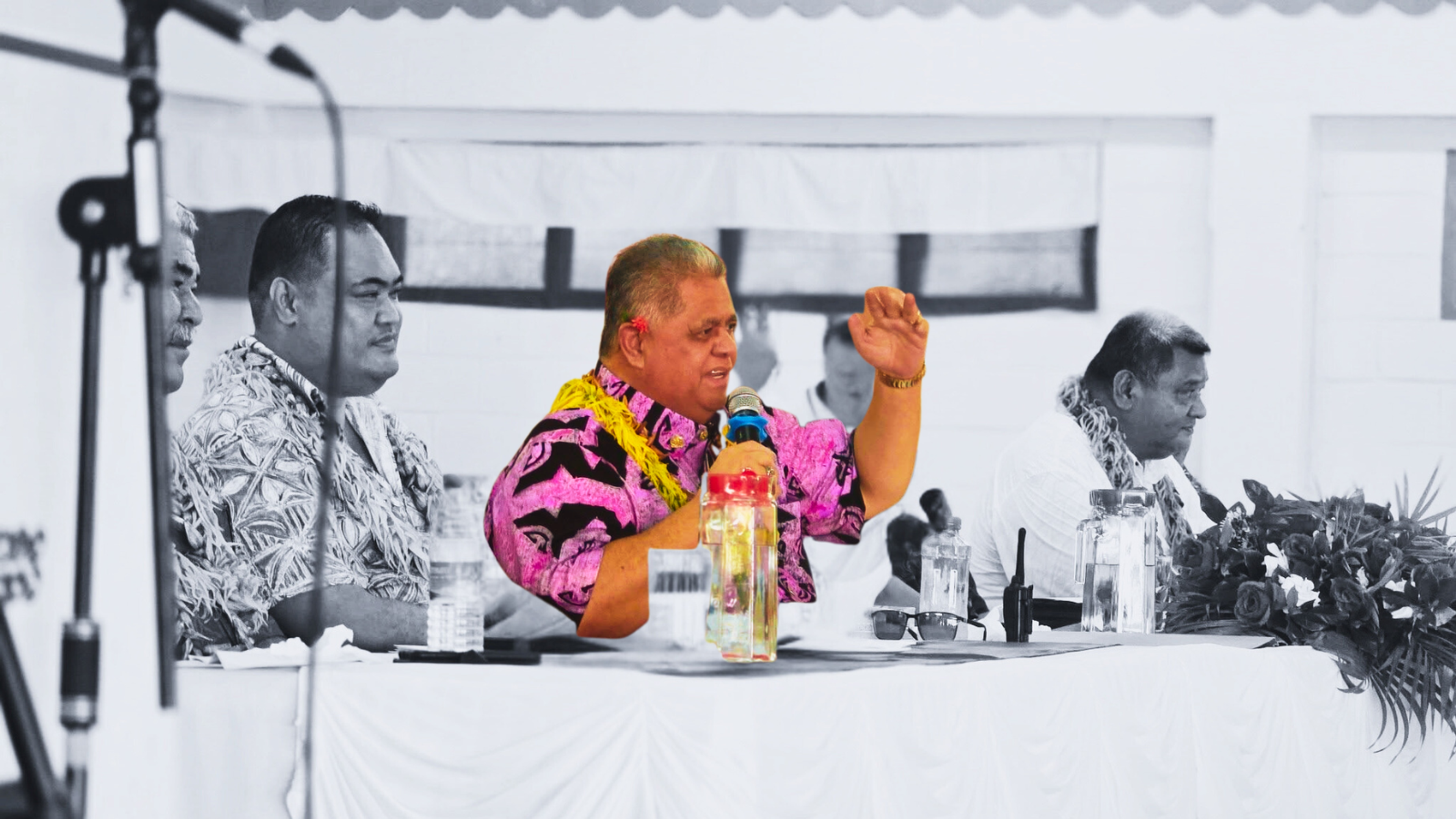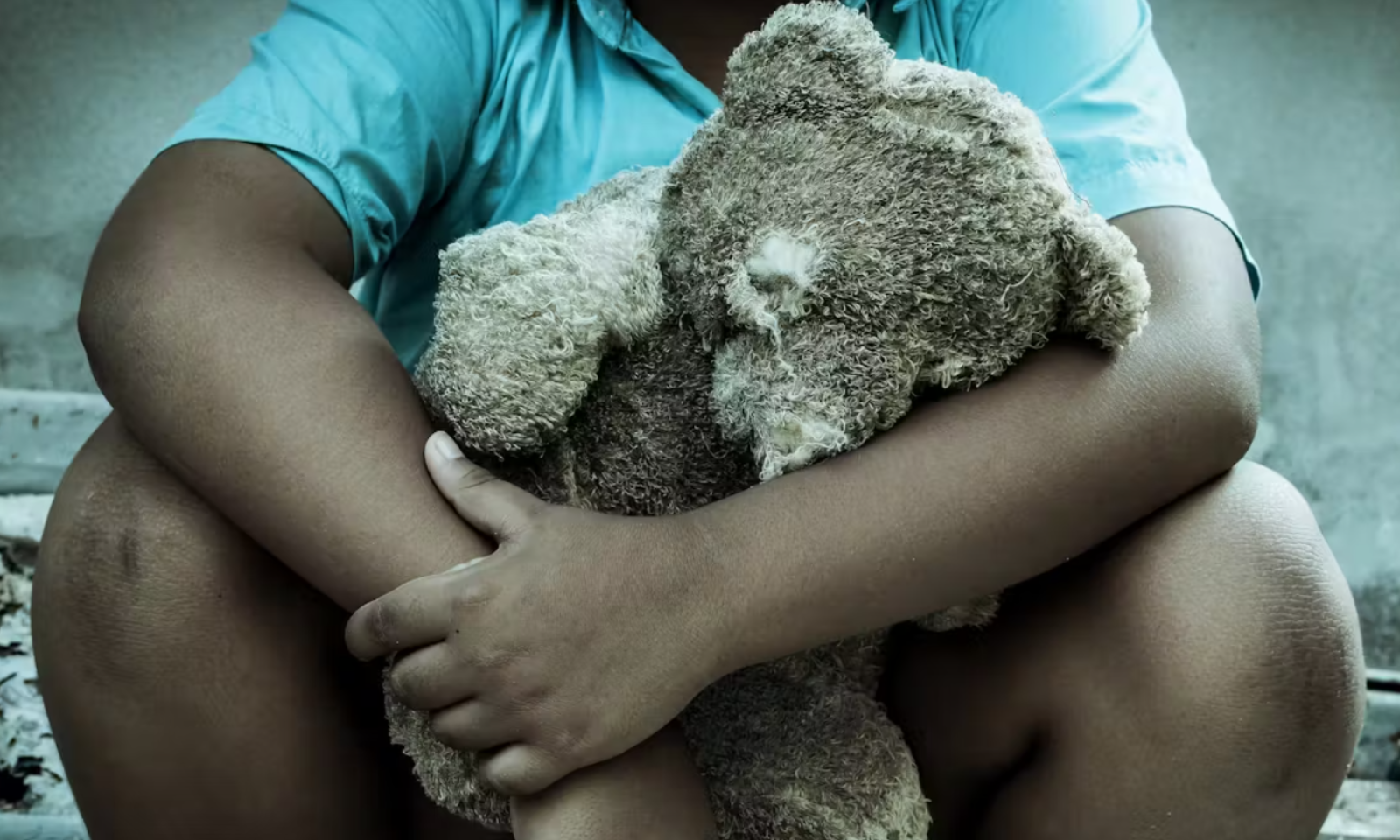

Hundreds of survivors will be in Parliament to hear the Government’s apology and its plans for rectification.
Photo /RNZ/Dom Thomas.
‘Anxieties and hopes’ ahead of abuse apology
On Tuesday, the Government will issue a formal apology to tens of thousands of survivors abused by state care agencies and faith-based organisations.



New Zealand-United States minerals talks spark concerns over Pacific seabed mining

From netball star to Matatū: Fia Laikong speaks on leap of faith



New Zealand-United States minerals talks spark concerns over Pacific seabed mining

From netball star to Matatū: Fia Laikong speaks on leap of faith
The New Zealand Government will issue a formal apology to survivors of abuse in state care tomorrow, acknowledging decades of harm uncovered by the Royal Commission of Inquiry.
Speaking to William Terite on Pacific Mornings, survivor and advocate Moeapulu Frances Tagaloa says there are many emotions at bay.
"I think a lot of survivors are quite anxious about this apology, it's going to be an emotional day," Tagaloa says.
“Many survivors have waited many, many years - way too long for this apology."
Tagaloa hoped the apology would lead to tangible commitments and concrete outcomes.
"Commitments for a new redress system, for a care-safe agency, an agency that will monitor and audit and keep these institutions and faith-based organisations accountable as well as ensure that this abuse doesn't continue to happen.”
She emphasised that while all survivors want the government to adopt every recommendation from the inquiry, only time will reveal the extent of the commitments announced.
The apology will take place in Wellington and live-streamed to the windy city alongside Auckland and Christchurch.
Watch Moeapulu Frances Tagaloa's full interview via531pi's FB below.
A rushed apology?
The long-awaited apology comes after years of advocacy and research went into the Royal Commission’s investigation into abuse across state and faith-based institutions, affecting as many as 250,000 people between 1950 and 1999.
Tagaloa will be among the 180 people attending Parliament as a member of Te Roopū Toiora - a group of survivors and artists, who will display their artwork alongside the taonga there.
However, around 3800 people registered interest with the Royal Commission of Inquiry with over 2300 survivors providing evidence.
Some have criticised the apology as being rushed, where RNZ reported abuse survivor Hanz Freller questioning why the space for the apology allows for only 300 victims.
"You might get 300 people just from Wellington," Freller said.
"What about everyone else that wants to turn up from outside of town to be there for this historic apology? They don't get a chance."
Tagaloa also shared similar concerns considering families of victims had also suffered the impact of this large-scale systemic abuse.
"We couldn't just bring our family along. They've endured intergenerational abuse," she said.
"So a lot of survivors would have liked more than themselves and their support person at the apology.
"So it's going to be mixed emotions on the day, and generally quite emotional."

It’s estimated over 200,000 people were impacted by abuse at the hands of state care and faith-based organisations. Photo/supplied.
Addressing Pacific diaspora and regional abuse
Many advocated for the government’s apology to directly acknowledge the intergenerational trauma dealt to Pacific victims, who are over-represented among those abused, alongside Māori, deaf, disabled, and mentally distressed people.
Tagaloa hoped the apology recognised the disproportionate impact on Pacific survivors and the specific cultural harm experienced by their communities.
Beyond the Pacific diaspora in Aotearoa, Tagaloa also said the rates of violence against children in Pacific Island Countries were among the highest in the world.
"We know this abuse has been going on. We know that it's almost become normal... in some communities,” she said.
"It's not normal at all to abuse a child. It's a horrific criminal act. And so I think we need a change in our culture.
"We value and we love our children, across all the Pacific cultures I would say we do, but we just have this hidden secret shame of the abuse that goes on with our children.
"I do think the leaders of our Pacific nation need to be bold and courageous and speak out against child abuse."
As for the apology on Tuesday, Tagaloa called for clarity across the board, asking for specifics "not just plans, but dates, and confirmation of when those commitments will happen".